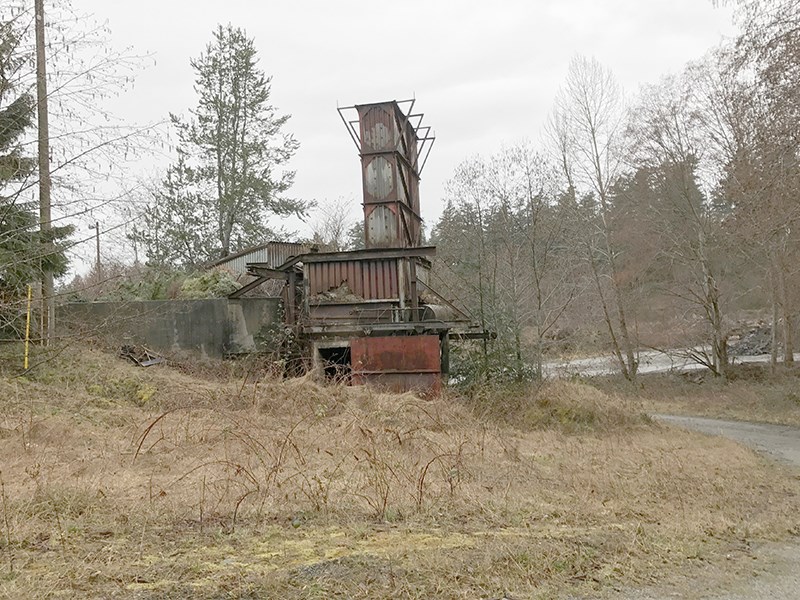Powell River Regional District board has approved an application to a federal infrastructure grant for $2.5 million to pay for the addition of a waste transfer building to its resource recovery centre project.
A regional district advisory committee has been drafting a plan to update how Powell River deals with its garbage. The draft plan includes a number of recommendations and is expected to be completed this summer for submission to BC Ministry of Environment.
One key recommendation is the remediation of approximately 18 acres at the old Marine Avenue incinerator site and construction of a proposed $8.8-million resource recovery centre, a one-stop drop-off for diverting materials from entering the district’s landfill waste stream. Once complete, the centre’s footprint will be about nine acres.
Electoral Area C director Colin Palmer told the board at its meeting on Thursday, May 25, that he wants to make sure the public understands the regional board is adding to the scope of the original project by adding a waste transfer station at the centre.
“Everyone needs to know this so they don’t get a surprise,” said Palmer. “Now, I’m just hoping we get this grant.”
Total cost of the project including the waste transfer station will be $11.3 million.
In July 2016, the regional district received a $6-million federal grant for the remediation and construction of the centre. The remaining $2.8 million will come from the regional district’s solid waste reserves and regional district taxes.
Powell River Regional District manager of community services Mike Wall said if for any reason the regional district does not receive the $2.5 million the board will direct staff to look at other grant opportunities to pay for the transfer site.
Palmer was not able to go into specifics as to why the waste transfer station needed to be included in the project and was only able to comment that there would be a future need.
“There’s going to be a need for a transfer station,” said Palmer.
Wall said that while the regional district is working on its solid waste plan, it has done so working with its current service provider Augusta Recyclers.
Representatives from Augusta sit on the advisory committee, in addition to others from the community and local industry.
Standard practice for regional districts in the province is to, at a minimum, own its waste transfer station, said Wall. He added that at this point the board has yet to make any decisions on whether the regional district or a private contractor will operate the facility.
“We have not made a decision on how that is going to work,” said Wall. “We recognize that, at a minimum, we need to own a state-of-the-art facility and make a decision as we move forward on the operation of it.”



